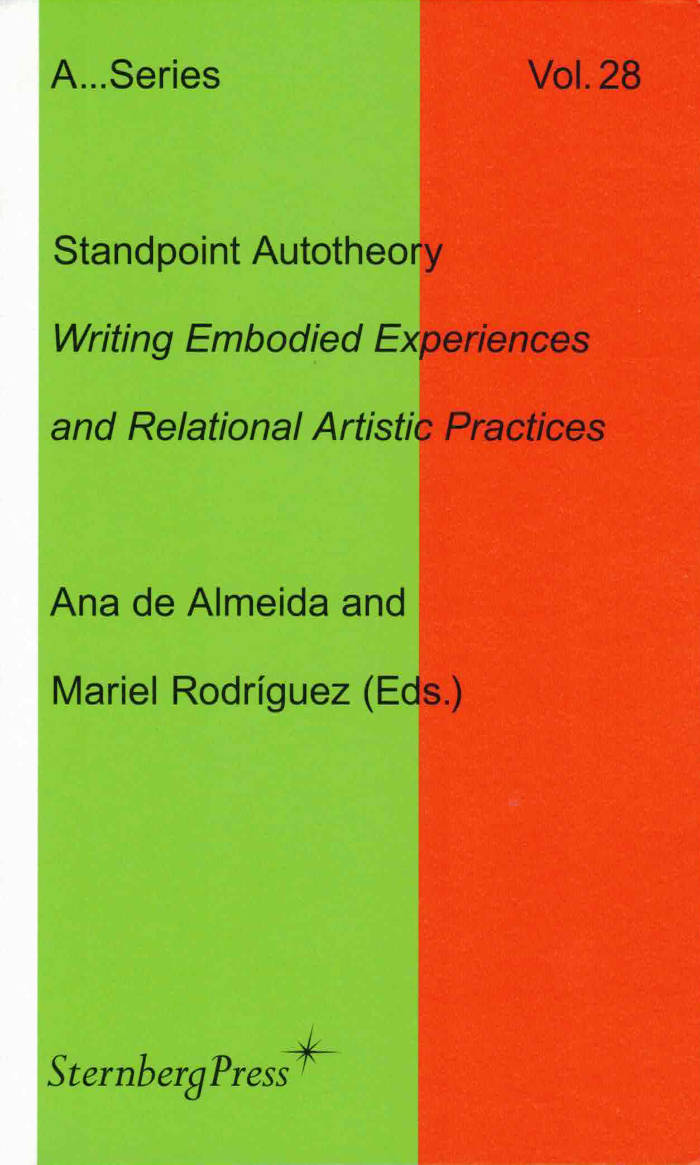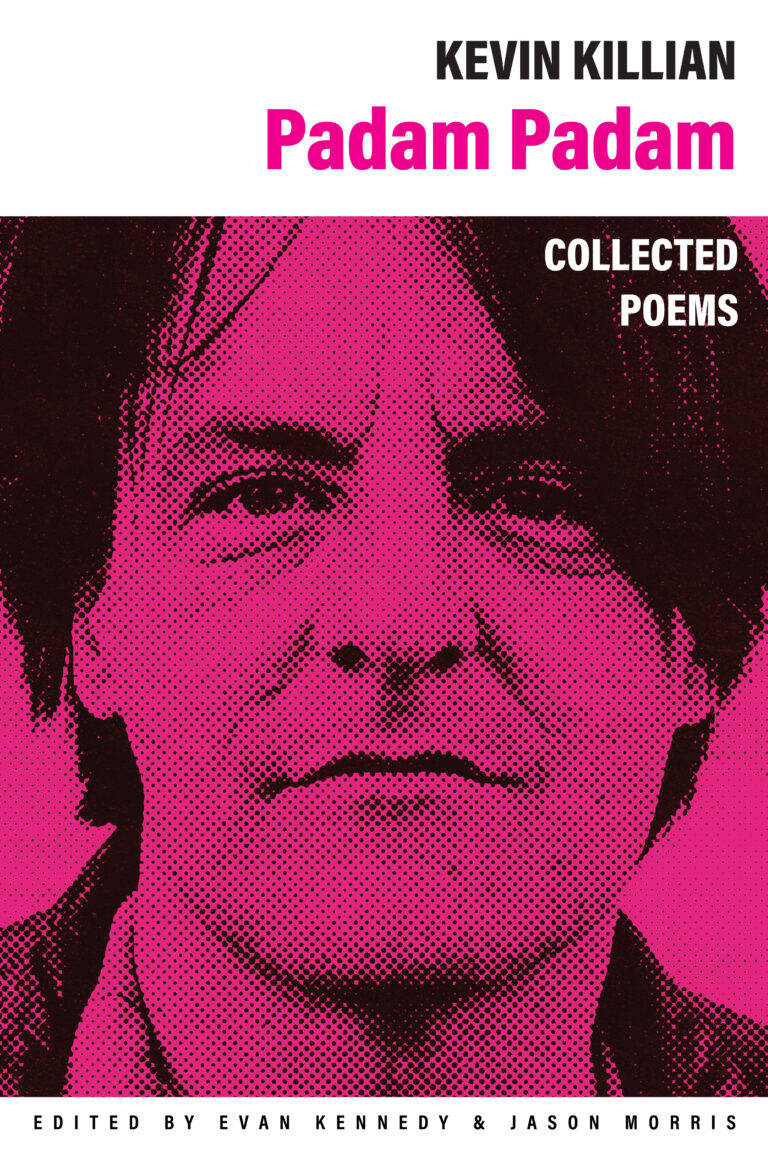
Amazonia – Anthology as Cosmology
Kateryna Botanova ed., Quinn Latimer ed.
Amazonia: Anthology as Cosmology is devoted to Amazonia, its peoples, allies, and nonhuman spirits, and their myriad material and immaterial practices, from certain cosmopolitics and visual languages to past and present forms of resistance.
Contributions by Maria Thereza Alves & the Association of the Movement of Indigenous Agroforestry Agents of Acre (AMAAIAC), Claudia Andujar, Denilson Baniwa, Christian Bendayán, Chonon Bensho, Rita Carelli, Enrique Casanto, Felipe Castelblanco, Carolina Caycedo, Taita Hernando Chindoy, Smith Churay, Víctor Churay, Tiffany Higgins, Márcia Wayna Kambeba, knowbotiq, Davi Kopenawa & Bruce Albert, Ailton Krenak, Gredna Landolt, Nereyda López, Renata Machado Tupinambá, Maurício Meirelles, Gerardo Petsaín, Aníbal Quijano, Maya Quilolo, Djamila Ribeiro, Abel Rodríguez (Mogaje Guihu), Pamela Rosenkranz, María Belén Saéz de Ibarra, Proyecto Cuenco de Cera (Bárbara Santos, Reynel Ortega & Stephen Hugh-Jones), Shoyan Shëca (Roldán Pinedo), Paulo Tavares, Daiara Tukano, Eduardo Viveiros de Castro, Santiago Yahuarcani...
Language: English







